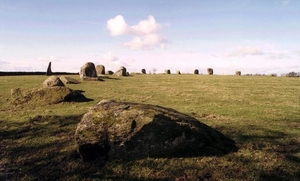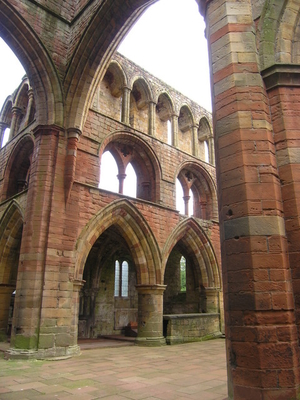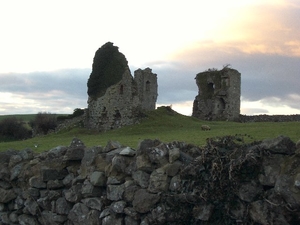n092
John Brown (1715-1766). Praising him as “the first who led the way to a worthy admiration
of this country,” Wordsworth probably recalls Brown’s A Description of the Lake at Keswick (1767), a book mentioned by name later in the Guide. Brown’s “Now Sunk the Sun” first appeared in Richard Cumberland’s Odes (1776) and was reprinted in West’s Guide, editions 2–11, where Wordsworth may have encountered it (Wu, Wordsworth’s Reading, 1770–1799, 19). The poem also appeared in various contemporary anthologies, identified as a
“rhapsody” inspired by the Westmorland lakes.



